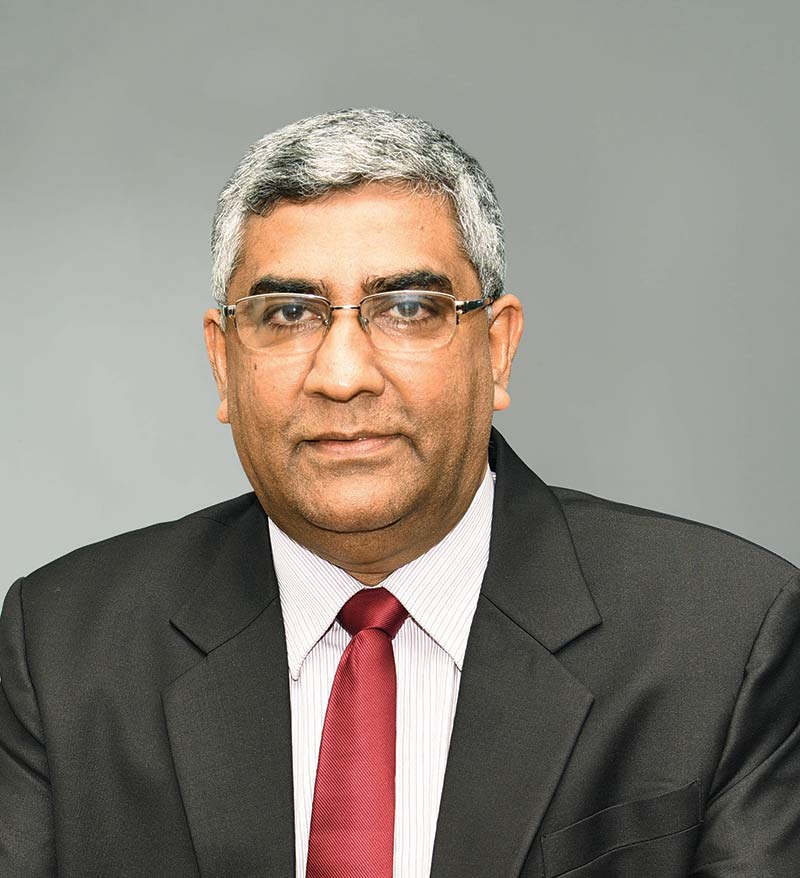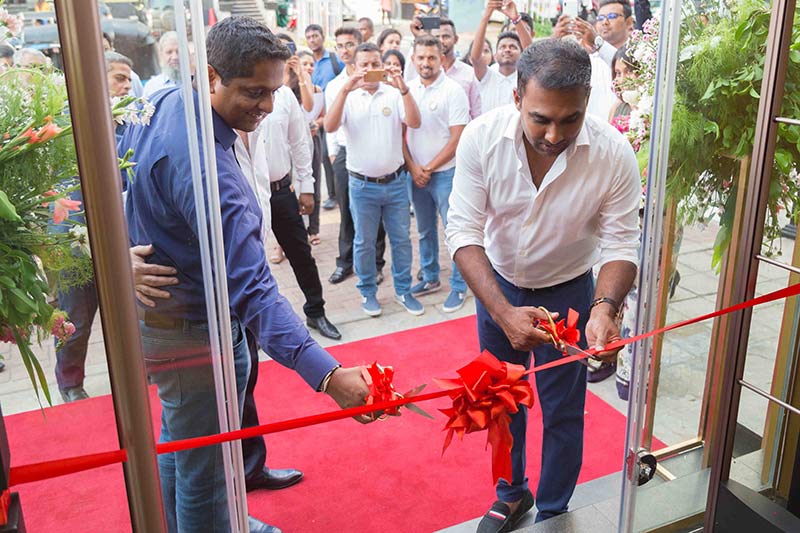High awareness, low use of e-commerce in Sri Lanka
LACK OF AWARENESS AND TRUST ARE KEY BARRIERS TO CONVERSION OF USERS TO PLACING ORDERS AND MAKING PAYMENTS ONLINE. BASED ON THE AFTERACCESS SURVEYS RECENTLY LAUNCHED IN SRI LANKA BY REGIONAL ICT POLICY THINK-TANK, LIRNEASIA.
Sri Lankans have high awareness of e-commerce platforms
Sri Lankan internet users had the highest level of awareness of e-commerce platforms from among South Asians included in the study. Yet awareness did not translate to use, according to the survey.
Seventy percent (70%) of internet users in Sri Lanka aged between 15 and 65 told AfterAccess that they knew about online platforms for buying and selling a variety of goods and services. This was the highest level of awareness among six Asian countries included in the survey, with Cambodia and India trailing behind with only 63% and 62% awareness, respectively.
“Sri Lanka performs well on awareness of e-commerce platforms,” said lead researcher on the South Asia component of the AfterAccess surveys and CEO of regional digital policy think tank LIRNEasia, Helani Galpaya. “If you consider, for example, India, companies have spent millions advertising e-commerce platforms and services to consumers. In Sri Lanka we have high awareness without such investments”
High awareness does not translate to high use
The high awareness of e-commerce and platforms in Sri Lanka, did not, however, translate to high use. Only 43% of those aware of these platforms said they had ever used them for buying goods or services. In comparison, 62% of Indian internet users who were aware of these platforms said they had used them.
Taxi service platforms were the most popular type used in Sri Lanka, but of the 55% internet users aware of these particular platforms, only 31% said they had ever used them.
Selling on any of these platform types was even lower – only 9% of those aware said they had made use of online platforms for selling goods or services.
“The gap between awareness and use of e-commerce services needs to be addressed, especially if Sri Lanka is keen on growing the e-commerce market,” continued Galpaya. “Trust is key, because many people are hesitant to give their financial information on platforms. So cash on delivery and other payments options can help. But logistical support is also important – digitally mapped addresses and post codes are just two things that will make the last mile delivery frictionless”.
Lack of need, skills and uncertainty are key reasons for low adoption
Of those who were aware of platforms but did not use them, 45% said that a lack of need to use online services was the primary reason for not buying goods or services online. The second biggest barrier to online purchasing was a lack of skill – 22% of those who were aware of platforms but did not use them for buying said they did not know how to.
More than a third (38%) of those who used platforms for buying said they used them for “search only”. Lack of trust was the key reason for users to not follow through to placing an order and paying through the platform or app – 43% expressed uncertainty regarding different aspects of e-commerce. These included quality of products, delivery guarantees, financial transactions and sharing personal details. The second most significant barrier to continuing the process online was, again, lack of need (33%).
“Those who used online platforms for purchasing enjoyed convenience, competitive pricing and quick service among other benefits,” elaborated LIRNEasia senior researcher Ayesha Zainudeen. “Creating awareness will help distribute these benefits across Sri Lanka where the benefits of using the internet and smartphones as a whole are somewhat unevenly distributed.”
About the AfterAccess surveys
The findings are part of AfterAccess, an international-award-winning effort to collect robust demand-side data on access to and use of mobile phones, internet, social media and online platforms in the Global South.
The AfterAccess Asia report highlights key areas for development in the ICT sectors of Sri Lanka, India, Pakistan, Bangladesh, Myanmar, Cambodia and Nepal. In Sri Lanka, 2,017 households and individuals were surveyed from 100 Grama Niladhari Divisions in all nine (9) provinces. The sampling methodology was designed to ensure representation of the target group (population aged 15-65) at a national level with 95% confidence interval and a +/-3.3% margin of error. Data was collected between December 2018 and January 2019.
The methodology used in Sri Lanka is comparable to that used across all 23 survey countries in Africa, Asia and Latin America. The AfterAccess database is thus the most rigorous and comprehensive database on mobile phone and internet access and use in the Global South. The current data includes information collected via 38,005 face-to-face interviews of households and individuals. The data allows for disaggregation by gender, rural or urban setting and age among other factors.
This research was conducted with financial support from the International Development Research Centre (IDRC), Canada, the UK Government’s Department for International Development (DFID), the Ford Foundation and the Swedish International Development Cooperation Agency (SIDA).




